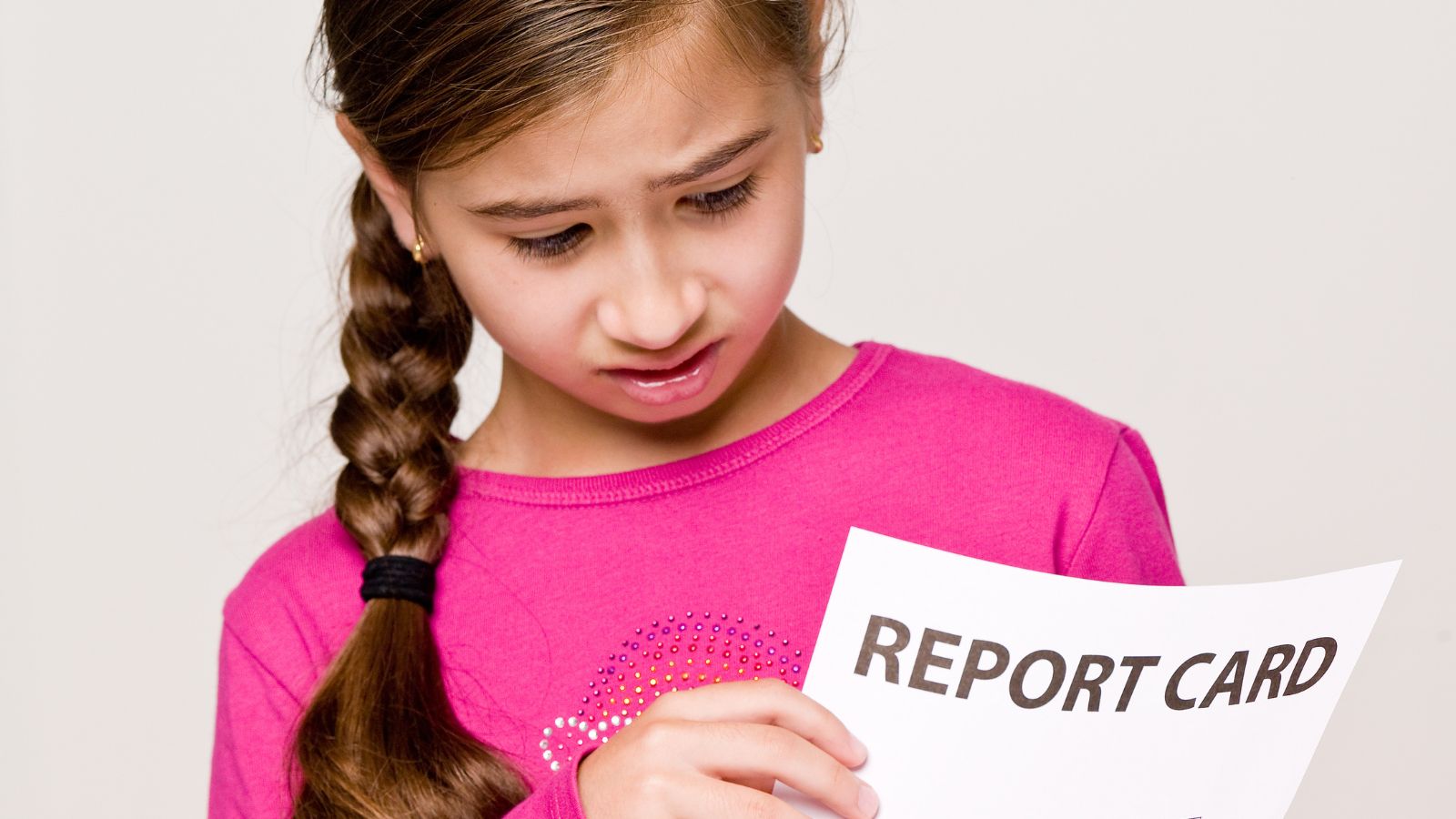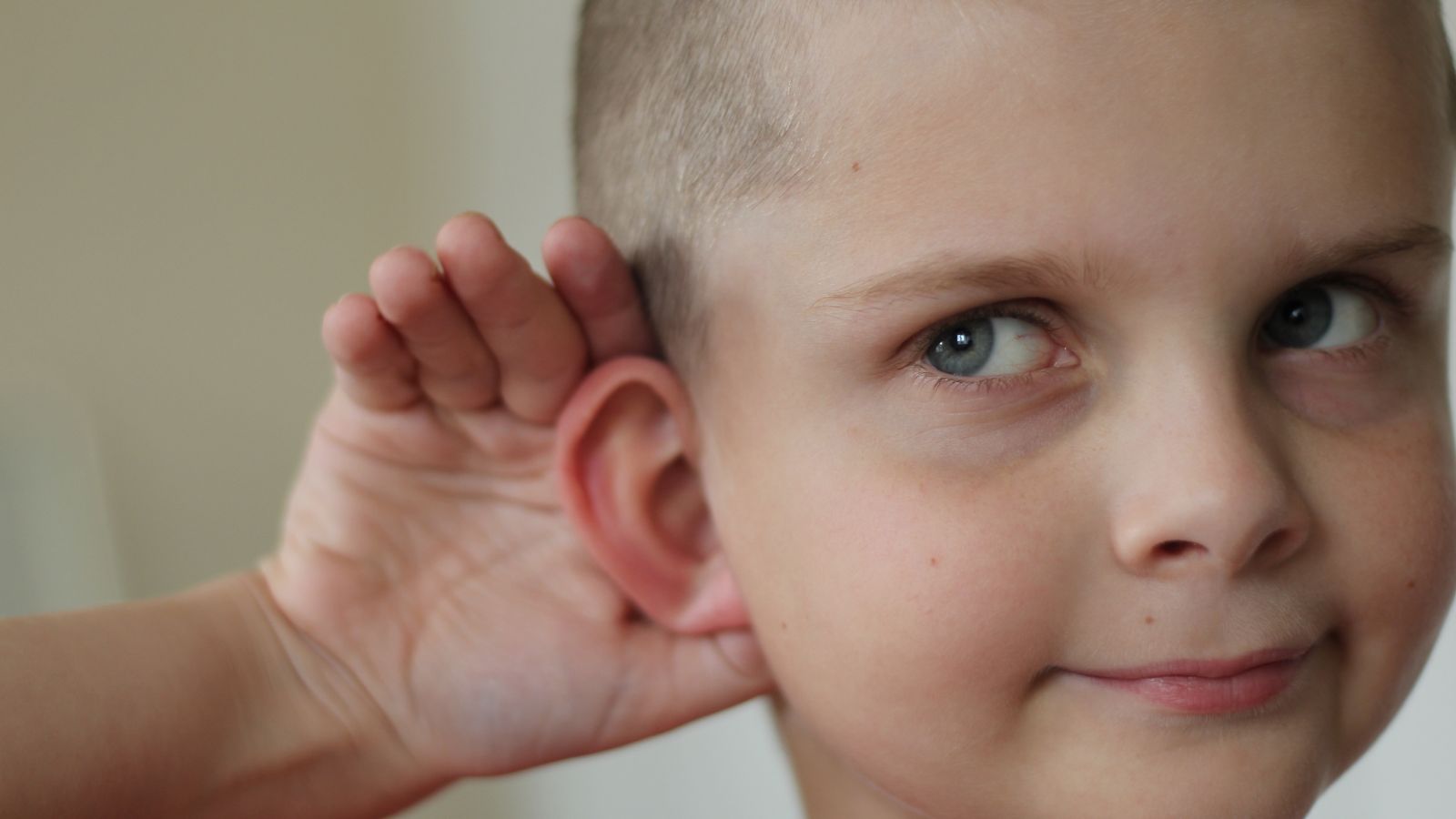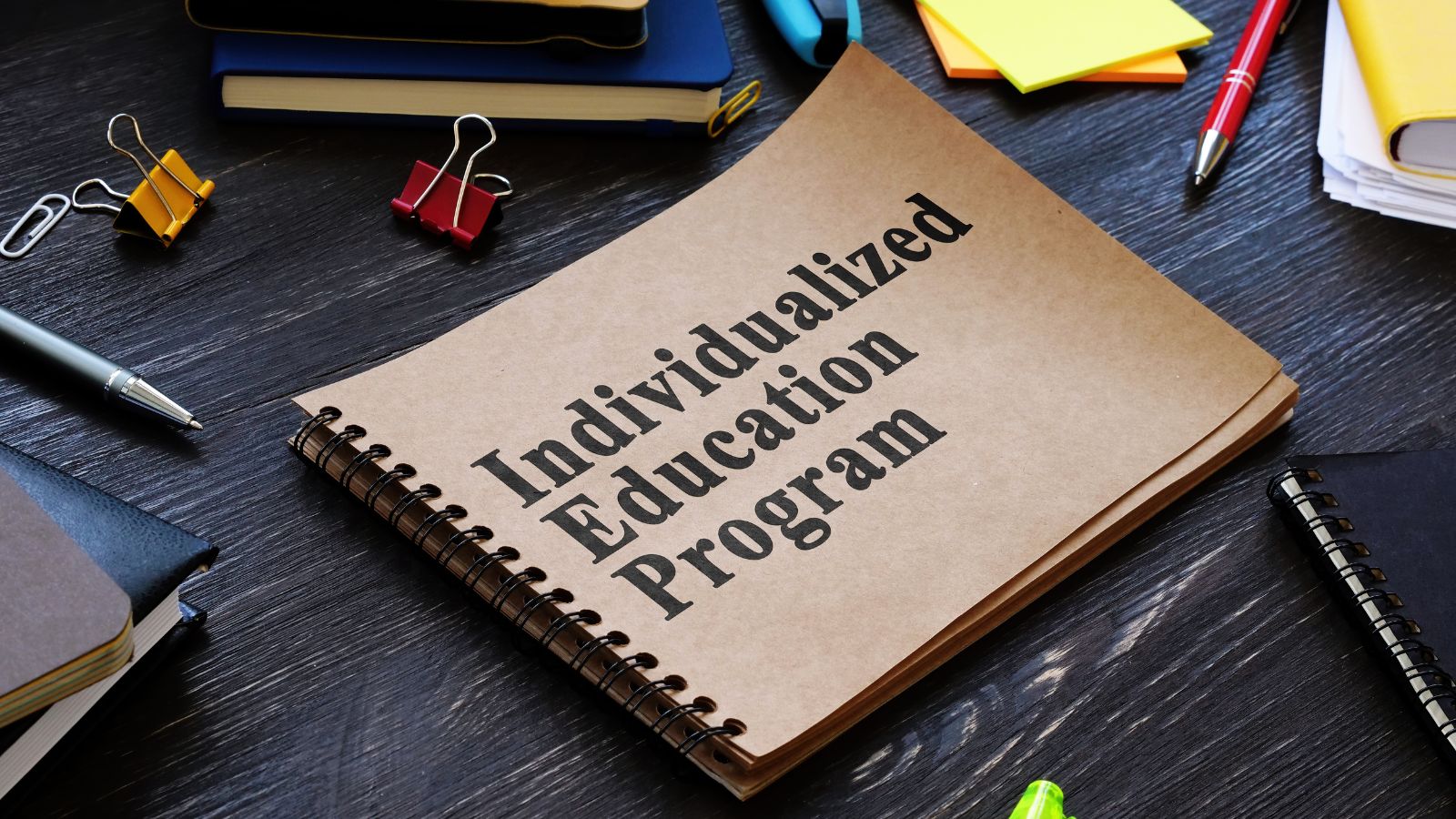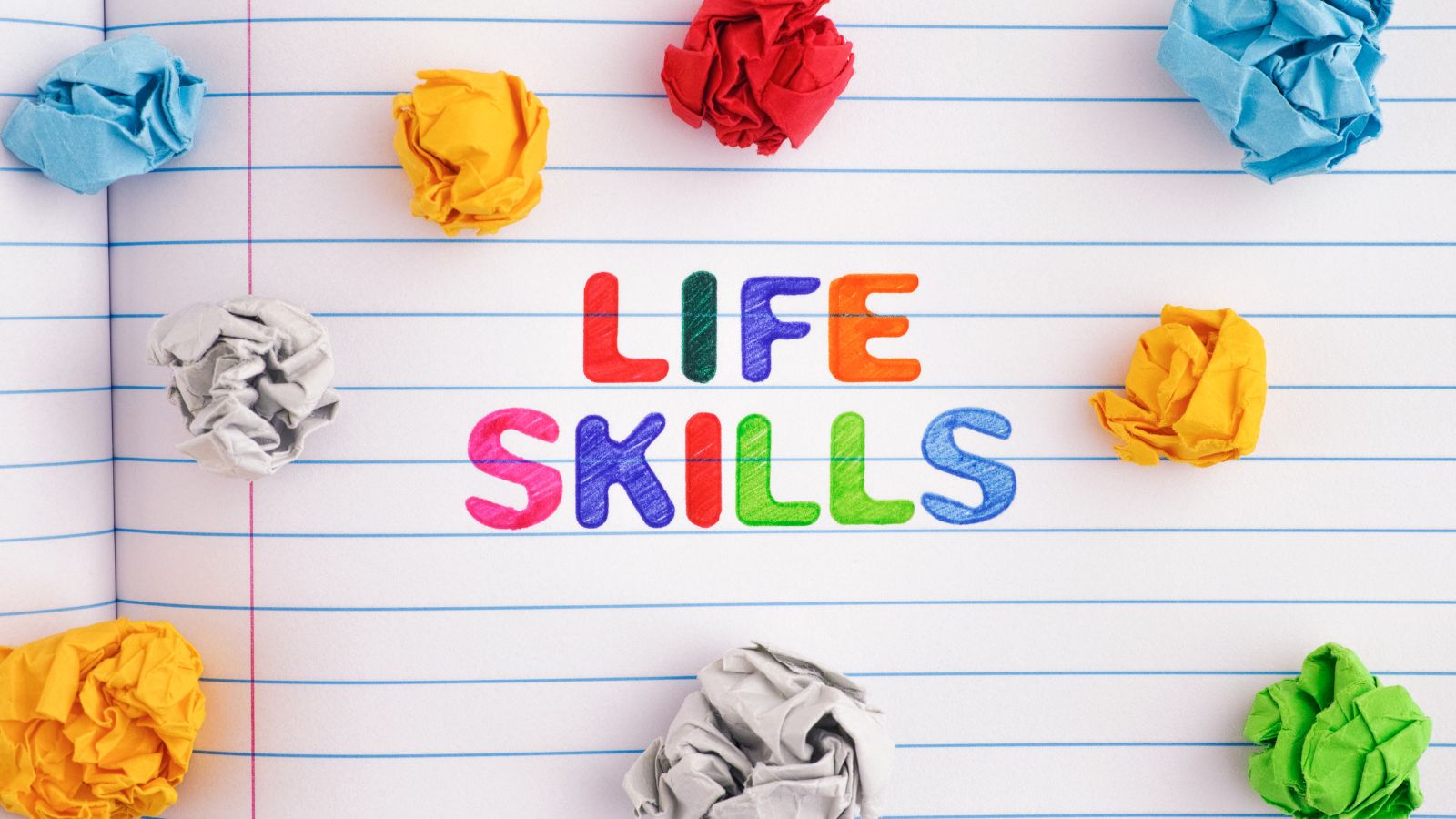 Do you hate asking for help because it makes you look weak, helpless, or incompetent? Many adults with ADHD feel this way, and you’re not alone. You may think there’s shame in getting help because you’re worried about disappointing others or possibly failing. But when you refuse to ask for help, reject it when offered, or pretend you’ve got things covered when you don’t, you make life much harder for yourself. When adults with ADHD are overwhelmed by a task, asking for assistance is often tougher because you are unsure where to focus or how to start. It can seem like you’re climbing up Mt. Everest with no trail map or markers along the path. You’re stuck but don’t want anybody to know or see your struggle. Shame rears its ugly head and shuts you down. Learning when, how, and where to delegate can change this pattern and offer personal and professional growth opportunities. But asking for assistance can make a world of difference.
Do you hate asking for help because it makes you look weak, helpless, or incompetent? Many adults with ADHD feel this way, and you’re not alone. You may think there’s shame in getting help because you’re worried about disappointing others or possibly failing. But when you refuse to ask for help, reject it when offered, or pretend you’ve got things covered when you don’t, you make life much harder for yourself. When adults with ADHD are overwhelmed by a task, asking for assistance is often tougher because you are unsure where to focus or how to start. It can seem like you’re climbing up Mt. Everest with no trail map or markers along the path. You’re stuck but don’t want anybody to know or see your struggle. Shame rears its ugly head and shuts you down. Learning when, how, and where to delegate can change this pattern and offer personal and professional growth opportunities. But asking for assistance can make a world of difference.
Asking for Help
Asking for assistance or delegating tasks doesn’t come easy for many of us, especially perfectionists. But living means leaning on others for support sometimes. There are times when you can’t do it alone. Becoming comfortable asking for help or offloading things to others relies on several things:
- Accepting that it’s okay not to know how to do something
- Accurately assessing personal strengths and limitations
- Understanding that learning happens through trial-and-error experiences
- Acknowledging that perfection doesn’t exist
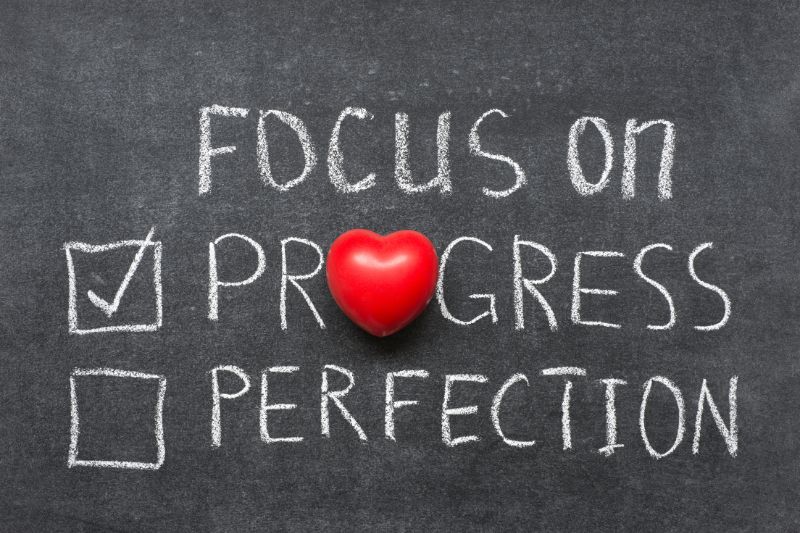 Progress counts more than perfection every time. Perfection is impossible to achieve; if that’s your goal, it’s easy to freeze out of fear of not achieving it. Instead, focus on shorter, reasonable goals that you can meet. Making progress on a task is always better than striving for perfection and getting nothing done.
Progress counts more than perfection every time. Perfection is impossible to achieve; if that’s your goal, it’s easy to freeze out of fear of not achieving it. Instead, focus on shorter, reasonable goals that you can meet. Making progress on a task is always better than striving for perfection and getting nothing done.
When You’re Overwhelmed by Big Feelings
Lack of clarity
Sometimes neurodivergent adults need clarification about what would be helpful. When you’re overwhelmed by big feelings, disorganization, and incomplete tasks, it’s tough to prioritize. Prioritizing relies on determining what is urgent (time-driven) and what is important (value-driven). When you are flooded emotionally or genuinely uncertain about what to do, you may reject any offers for assistance because you can’t process anything else at that moment. TOOL: Break things down. Take a large piece of work and break it up into a few smaller tasks. Name each task, determine how to complete it, and identify when things are due. Ask for assistance from an ally like a friend, relative, or coworker. Brainstorm and separate identified items into categories by subject, deadline, or complexity. Break these items into smaller steps and mark who is responsible for completing each step.
Focus on strength & authenticity
 Although most adults dislike being vulnerable, it’s especially tough for those with ADHD. You’ve already spent years hearing about how you’ve missed the mark–at school, extracurriculars, work, and home. You probably believe you will mess up again. You may not trust your abilities to respond appropriately, and consider asking for help further demonstrates weakness. By refusing any support, adults with complex ADHD falsely think that they can protect themselves from feeling exposed. TOOL: Reframe vulnerability as strength. It takes courage to be accountable for your limitations and stay open to assistance. Instead of seeing help as a manifestation of weakness, focus on the strength in authenticity and knowing when you can’t do it alone. Remember that most people are kind and will be happy to aid you. They may even feel flattered that you sought them out for guidance!
Although most adults dislike being vulnerable, it’s especially tough for those with ADHD. You’ve already spent years hearing about how you’ve missed the mark–at school, extracurriculars, work, and home. You probably believe you will mess up again. You may not trust your abilities to respond appropriately, and consider asking for help further demonstrates weakness. By refusing any support, adults with complex ADHD falsely think that they can protect themselves from feeling exposed. TOOL: Reframe vulnerability as strength. It takes courage to be accountable for your limitations and stay open to assistance. Instead of seeing help as a manifestation of weakness, focus on the strength in authenticity and knowing when you can’t do it alone. Remember that most people are kind and will be happy to aid you. They may even feel flattered that you sought them out for guidance!
Ask for assistance
Waiting for the next time they inadvertently do something ‘wrong’ and the criticism that will surely follow, many neurodiverse adults live with deep-seated and internalized shame about being ‘different’ from their peers. Whether this shame is visible or hidden, you may see any successes as short-lived and not believe that anything will make any difference. Moreover, shame prevents people from asking for support. For example, Ellie, age 27, tells me: “I’m embarrassed that I can’t do it alone, that I have a disability.” TOOL: Asking for help is not a reflection of failure but rather an act of resilience. Recall a time in the past when you struggled, asked for assistance, and pulled through. How can you link the lessons from that experience to a current situation?
Change your expectations
Nobody wants to let people down. The pressure to measure up can be intense, especially with social media driving the endless cycle of ‘compare and despair’ dynamics. Asking for help seems like opening the door to an avalanche of disappointment you would rather avoid. So, instead, you wrestle with doing things on your own, trying to get things ‘just right,’ giving up so you can’t fail, or praying for a miracle. Let’s face it; there is no perfect: everybody stumbles. The most important thing is to pick yourself back up, understand what happened, and make different choices as you learn from your experience. 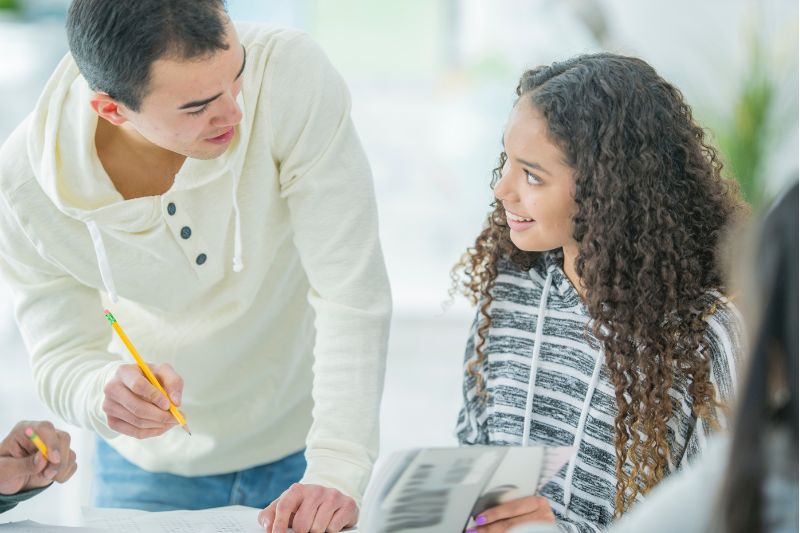 TOOL: Stop worrying about disappointment and pivot to what’s needed for optimum productivity and best performance. Are your expectations for yourself realistic? If not, what needs to change? Create goals that are within reach. Reduce your focus on the outcome and shift to emphasizing the process of doing something–efforting. You may not be able to do it alone. That’s okay. Who can help you, and what can they do?
TOOL: Stop worrying about disappointment and pivot to what’s needed for optimum productivity and best performance. Are your expectations for yourself realistic? If not, what needs to change? Create goals that are within reach. Reduce your focus on the outcome and shift to emphasizing the process of doing something–efforting. You may not be able to do it alone. That’s okay. Who can help you, and what can they do?
Start small and build on each delegation’s success
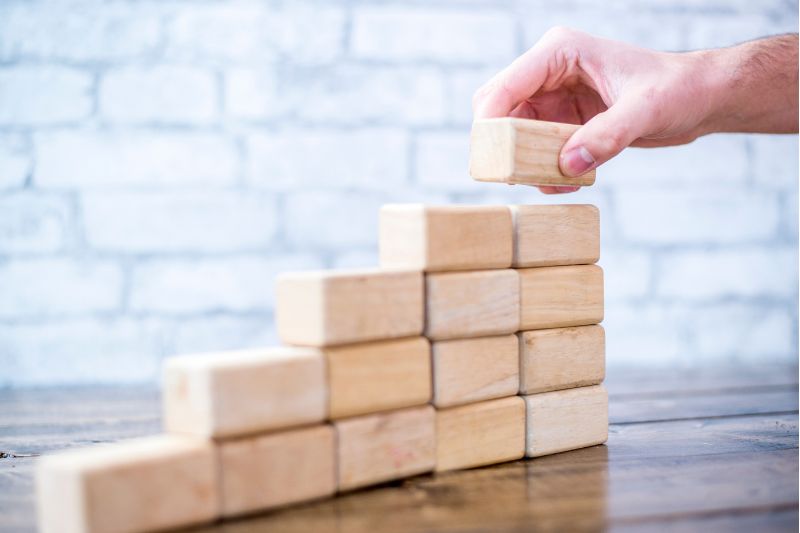 Motivate yourself to try delegation by starting small. Sometimes it’s hard to trust that other people will follow through, and you may feel insecure. Build your confidence in others slowly by first establishing low-risk experiments on simple tasks. For example, if you’re stuck on a spreadsheet task, seek out a friend or coworker who is a spreadsheet rock star. Tell them how much you’d appreciate their expertise, and ask them to walk you through a couple of examples until you get the hang of it. Your primary goals are to relieve stress, increase productivity, and get things done simultaneously. So please be sure to recognize when you need extra help, empower yourself to ask for it, and accept it.
Motivate yourself to try delegation by starting small. Sometimes it’s hard to trust that other people will follow through, and you may feel insecure. Build your confidence in others slowly by first establishing low-risk experiments on simple tasks. For example, if you’re stuck on a spreadsheet task, seek out a friend or coworker who is a spreadsheet rock star. Tell them how much you’d appreciate their expertise, and ask them to walk you through a couple of examples until you get the hang of it. Your primary goals are to relieve stress, increase productivity, and get things done simultaneously. So please be sure to recognize when you need extra help, empower yourself to ask for it, and accept it.
Want to ask Dr. Saline a question? Click Here
Become A Member
Please become a member of my newsletter community. You can find support and resources and connect with a group that understands your questions and needs. Click here Follow me on social media: YouTube, Facebook, Twitter, and Instagram. Invite Me to Speak | Join A Group | Newsletter | Read my blog
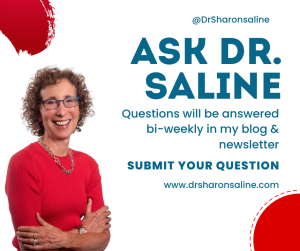


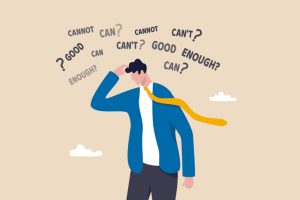 indeed are. You can’t assimilate the accolades your receive, no matter how much you deserve them.
indeed are. You can’t assimilate the accolades your receive, no matter how much you deserve them. 

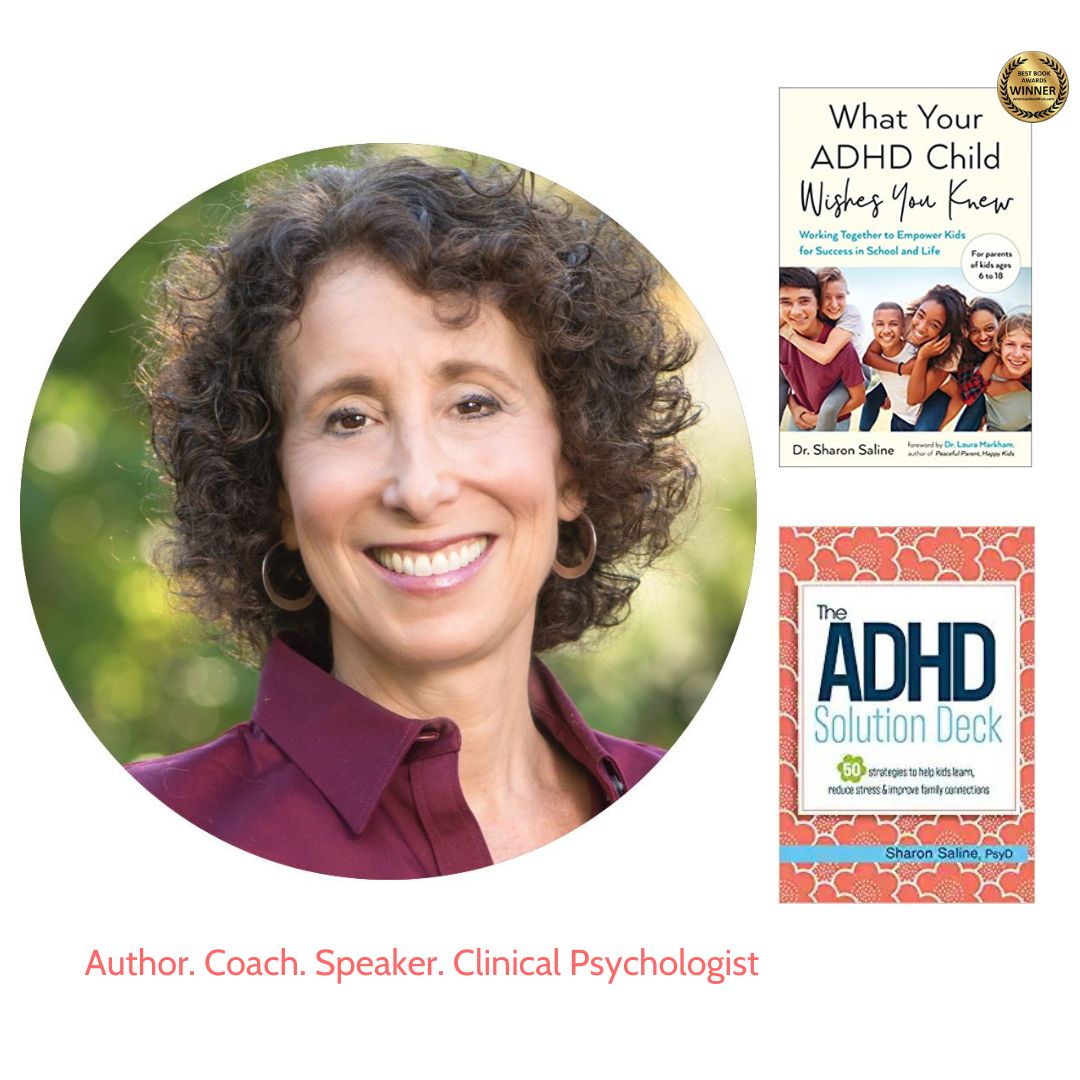


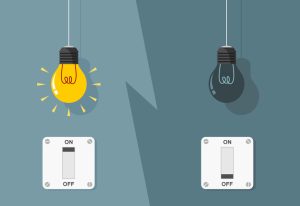


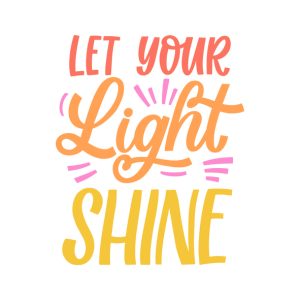

 During the end-of-year holiday season, it’s nice to reflect on customs and traditions which make your family unique. This
During the end-of-year holiday season, it’s nice to reflect on customs and traditions which make your family unique. This 

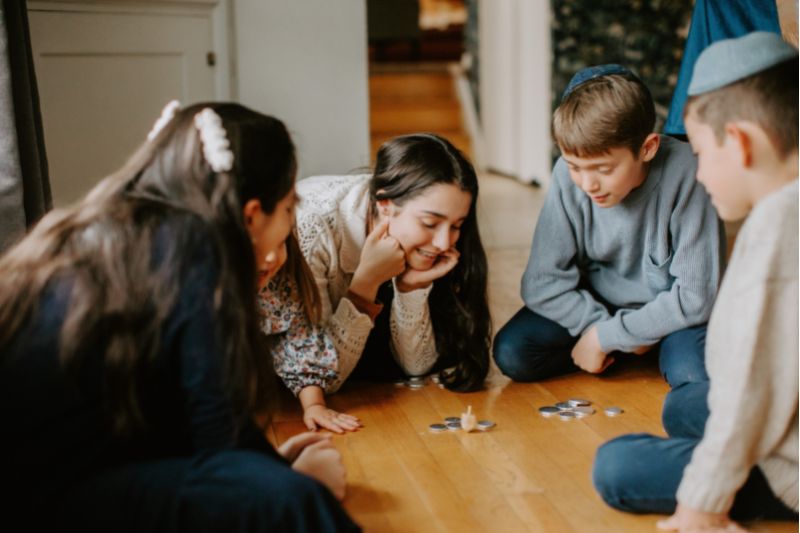






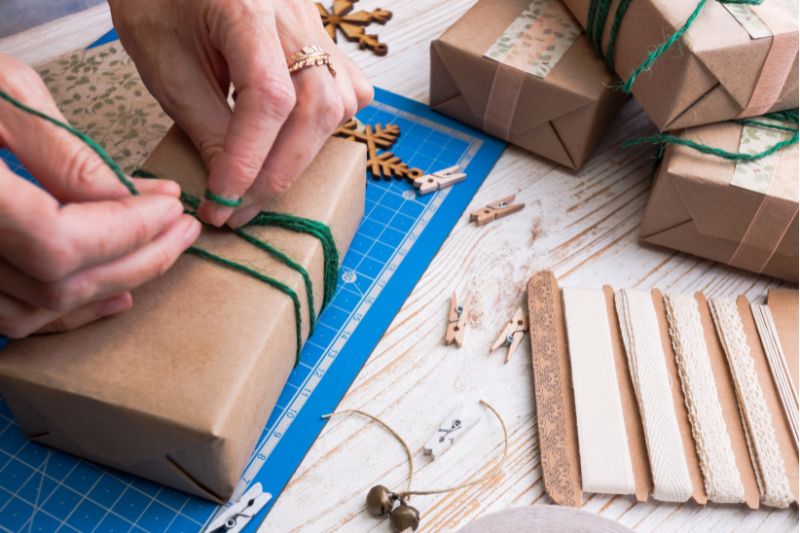
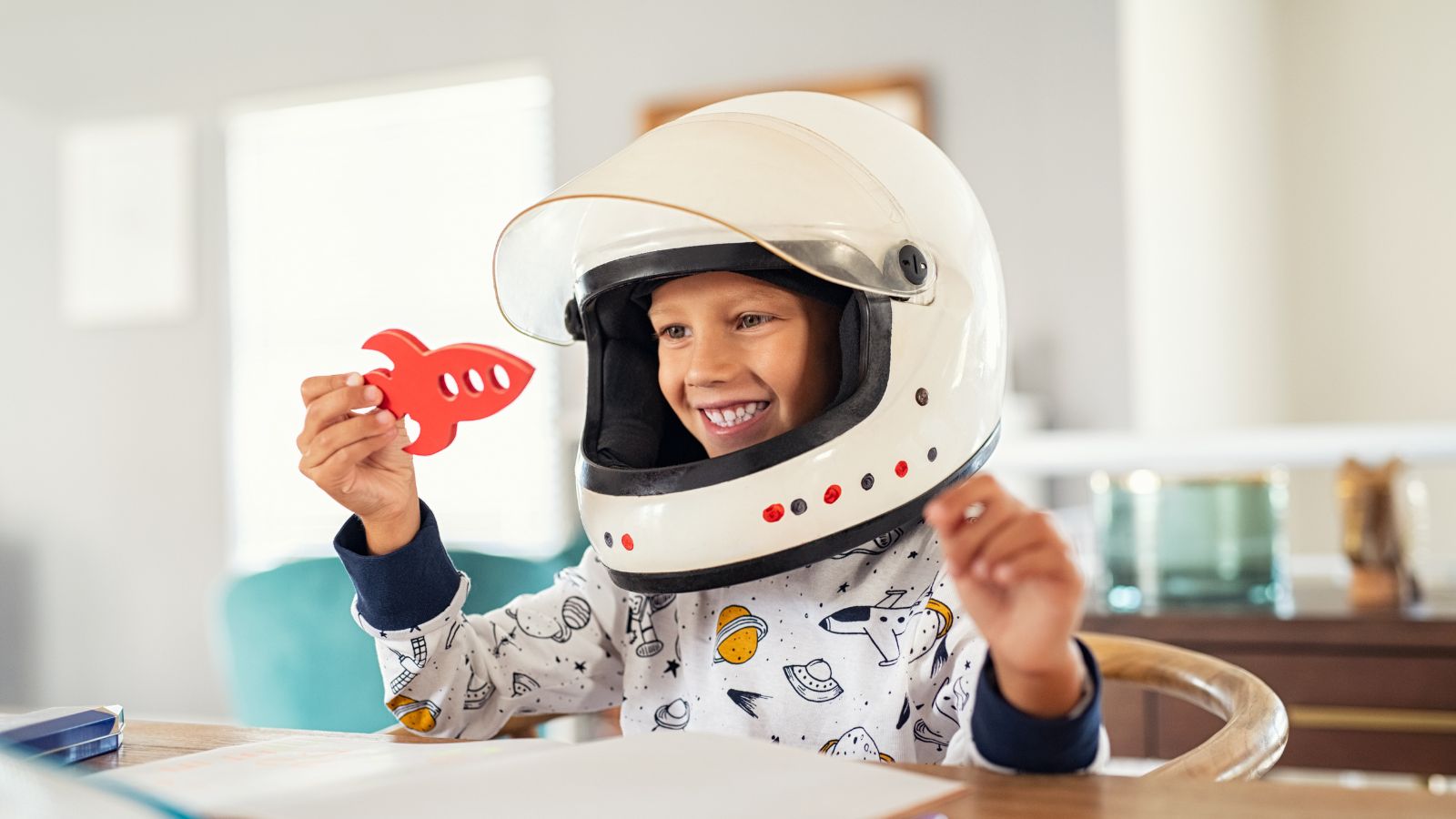














 Do you ever face a task you know you need to do but feel frozen to begin? Task p
Do you ever face a task you know you need to do but feel frozen to begin? Task p
 How To Start!
How To Start!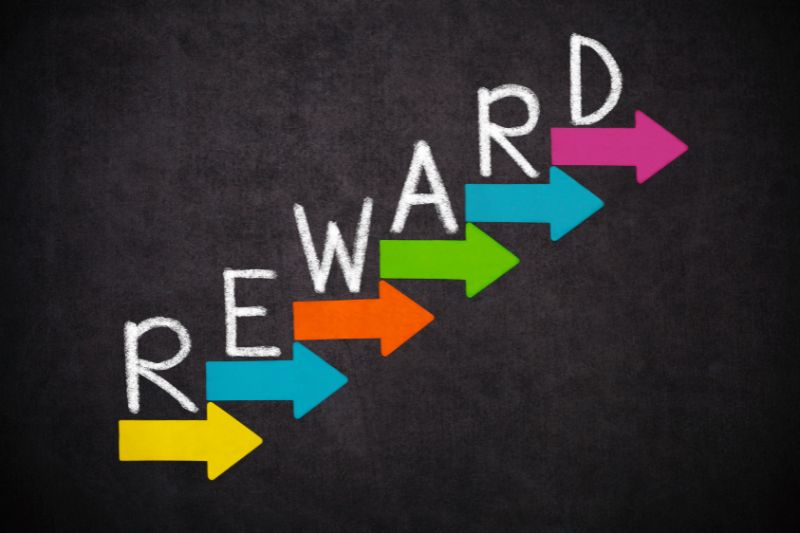
 When you come back from drifting off (which your ADHD brain will naturally do), be kind to yourself. Look around for signals that can re-engage in what’s going on.
When you come back from drifting off (which your ADHD brain will naturally do), be kind to yourself. Look around for signals that can re-engage in what’s going on. 